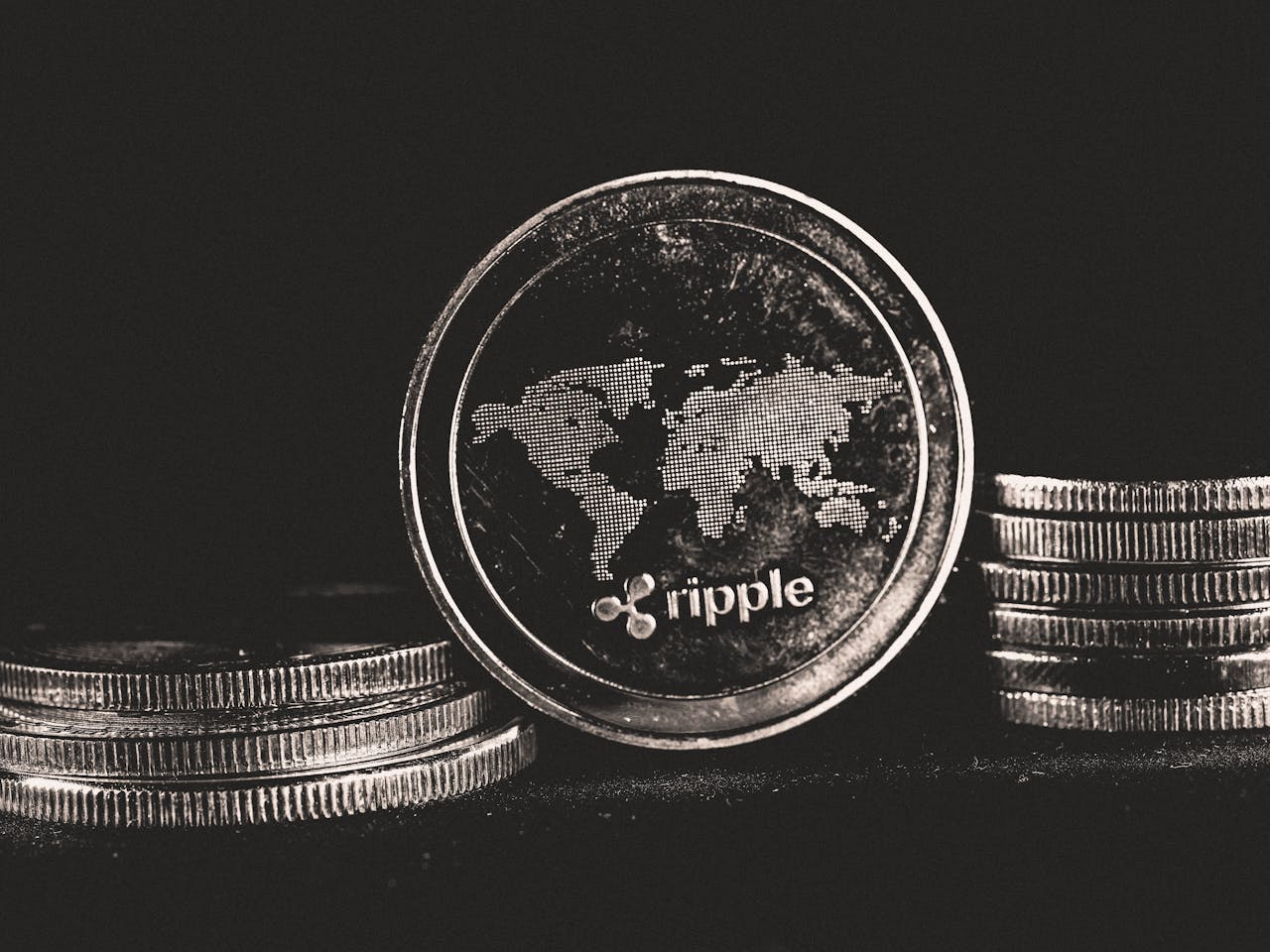Russia has officially legalized the use of cryptocurrency for international trade, marking a pivotal shift in its economic strategy amid Western sanctions. The Ministry of Finance and the Central Bank announced the decision to establish a legal framework that enables Russian companies to settle foreign trade transactions using digital assets. This move expands upon the experimental legal regime (ELR) introduced in September, which allowed limited crypto-based cross-border payments.
The new legislation is designed to provide Russian businesses with an alternative payment channel to bypass restrictions on traditional banking systems, particularly after major Russian banks were cut off from the SWIFT network. By turning to crypto, Russia aims to maintain trade flows and strengthen financial ties with key partners such as China, India, and Turkey, which have not joined the Western sanctions.
Finance Minister Anton Siluanov emphasized that while the new system will support economic resilience, it will also operate under strict regulatory oversight. The framework mandates robust Anti-Money Laundering (AML) and Know-Your-Customer (KYC) compliance, with all crypto transactions processed through regulated infrastructure supervised by the Central Bank. This ensures transparency and risk management while allowing flexibility in international payments.
However, the legalization strictly applies to foreign trade settlements. The domestic use of cryptocurrency remains banned to protect the ruble’s stability and prevent potential financial disruption within Russia’s economy.
This strategic pivot underscores Russia’s adaptation to global financial isolation. By leveraging blockchain technology and decentralized finance, the country seeks to secure a sanctions-proof mechanism for cross-border trade, reinforcing its position in the evolving global digital economy.


























Comment 0